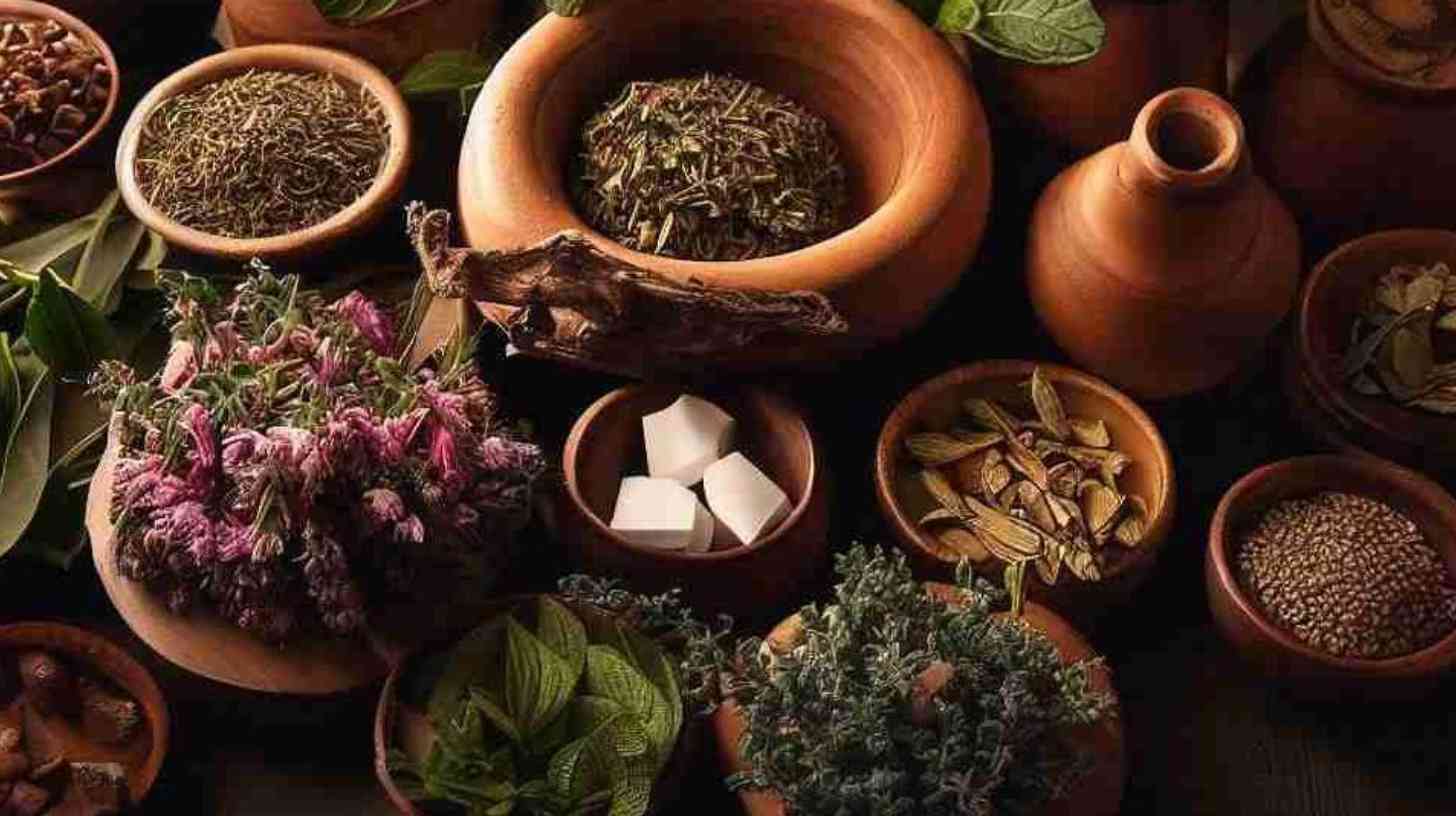Introduction
Have you ever wanted to try using medicinal herbs but weren’t sure where to start? Herbal medicine has been used for thousands of years as a natural way to promote health and well-being. Certain herbs contain active ingredients that can have powerful effects on the body.
Table of Contents
Top 12 Medicinal Herbs
Learning about these medicinal herbs and their uses can help you utilize them for various health goals. Let’s dive into the 10 most popular healing herbs and what they can do for you.:
1. Echinacea
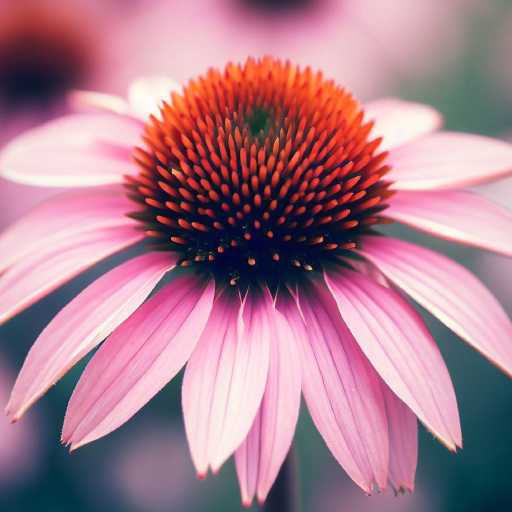
First up is echinacea, a beautiful purple coneflower native to North America. Herbalists have used echinacea for centuries to kick colds and flu to the curb. The leaves, flowers, and roots contain compounds that stimulate your immune system to fight infection. Some research shows echinacea can actually reduce the misery of cold symptoms. Pretty cool, right? Beyond colds, some people also use echinacea to help heal wounds, combat fatigue, and treat respiratory infections.
- The parts used are the leaves, flowers, and roots.
- Echinacea is thought to stimulate the immune system and reduce inflammation.
- Modern research confirms echinacea can modestly reduce cold symptom duration and severity.
- Echinacea is also used for wound healing, chronic fatigue, and upper respiratory infections.
2. Ginger
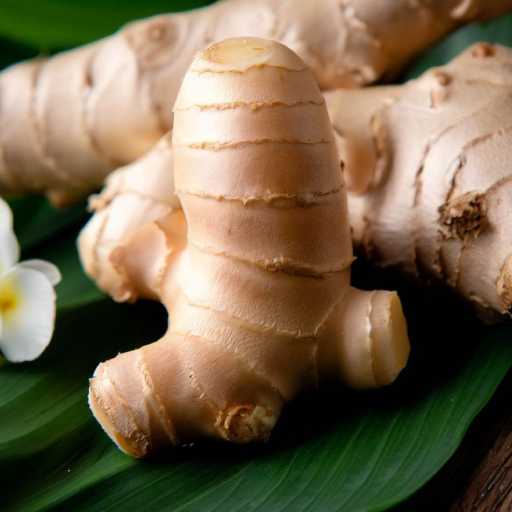
Next we have ginger, from the zingy root that adds flavor and zest to cooking. Ginger has been used for thousands of years to help all kinds of digestion issues, nausea, migraines, arthritis and more. The compounds in ginger called gingerols pack an anti-inflammatory punch, and may also curb menstrual cramps and muscle pain. I love sipping ginger tea whenever I have an upset stomach.
- The part used is the root.
- Ginger contains anti-inflammatory compounds called gingerols.
- It is commonly used to treat nausea, migraines, arthritis, high cholesterol, and digestive issues.
- Ginger may also help decrease pain from menstrual cramps and muscle soreness.
3. Turmeric
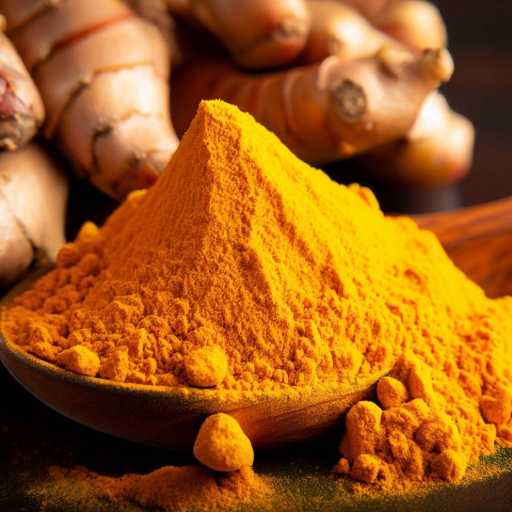
Then there’s the popular golden spice turmeric. You can find turmeric powder in just about every supermarket now. In India, turmeric has been used forever as an anti-inflammatory wonder. Curcumin is the active compound in turmeric that helps reduce joint swelling, boost immunity, aid digestion, and improve your complexion. Exciting research indicates curcumin could also help prevent Alzheimer’s disease. A tasty way to get your curcumin is in golden milk – warm milk with turmeric and other spices.
- The part used is the rhizome (root).
- Turmeric contains the active ingredient curcumin which has powerful anti-inflammatory effects.
- It is used to reduce joint inflammation, improve digestion, enhance complexion, and boost immunity.
- Curcumin may also help protect against heart disease, Alzheimer’s, and cancer.
4. Chamomile
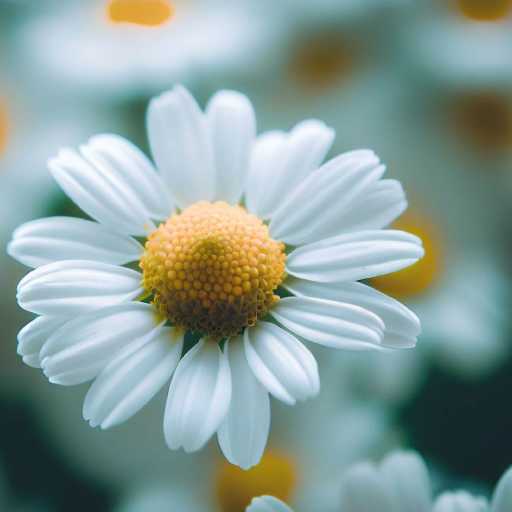
Chamomile is another herb you’ve likely tried, in the form of a soothing cup of tea. The dried flowers contain antioxidants that can help curb anxiety, improve sleep quality, speed healing of skin conditions and ulcers, and relieve gut issues. Chamomile has been used for over 2000 years because of its gentle soothing effects. It’s my go-to nighttime drink for relaxing before bed.
- The parts used are the dried flowers.
- Chamomile contains antioxidants that reduce inflammation in the body.
- It is used to treat insomnia, anxiety, skin conditions, diabetic ulcers, and gastrointestinal disorders.
- Chamomile tea provides a mild calming effect to promote sleep.
5. Peppermint
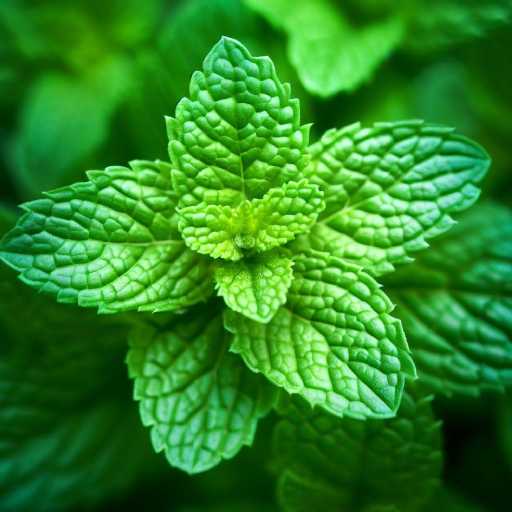
Growing wild across Europe and North America, peppermint is a popular digestive aid. The leaves and oil contain menthol, which has a cooling effect and helps relax tension in the intestines and stomach. Peppermint has been shown to help with IBS, stomach pain, and other digestive woes when taken as tea, capsules, or essential oil. Plus, it makes your breath fresh! Peppermint oil may also help relieve headaches when applied to the forehead and temples.
- The parts used are the leaves and oil.
- Peppermint oil contains menthol that provides a cooling sensation.
- It relaxes the smooth muscles of the GI tract and is used to improve digestion.
- Peppermint also relieves headaches, freshens bad breath, and energizes the mind.
6. Milk Thistle
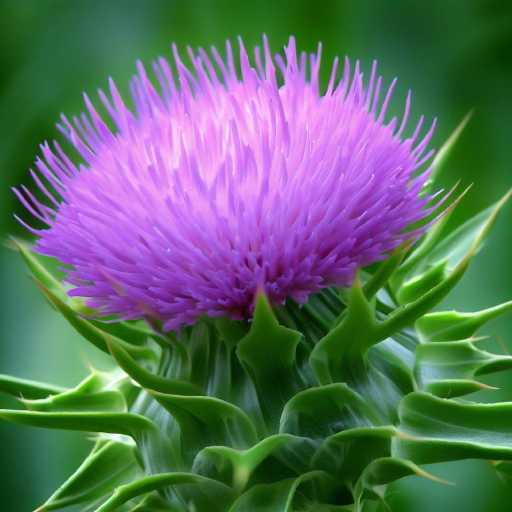
For protecting your liver, milk thistle is the herb of choice. Used for centuries to treat liver disorders, milk thistle contains silymarin, an antioxidant compound in the seeds. Silymarin helps repair damaged liver cells and decreases inflammation. It’s beneficial for hepatitis, cirrhosis, mushroom poisoning, and type 2 diabetes.
- The part used are the seeds.
- Silymarin protects the liver from damage and stimulates liver cell regeneration.
- Milk thistle is used to treat alcoholic liver disease, hepatitis, poison mushroom ingestion, and more.
- It may also reduce insulin resistance in people with type 2 diabetes.
7. Saw Palmetto
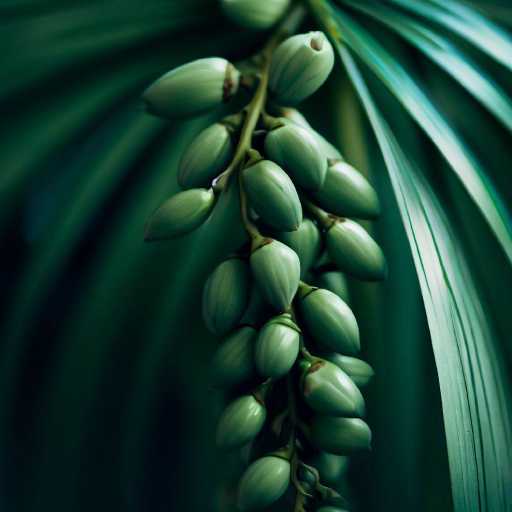
If you’re dealing with an enlarged prostate, saw palmetto may be helpful. The berries of this scrubby palm tree can improve urinary symptoms like increased nighttime peeing. Saw palmetto may inhibit excess testosterone to reduce prostate swelling. Some people use it for supporting hair growth and libido as well.
- The part used is the berry.
- It can help improve urinary symptoms associated with an enlarged prostate like urinary frequency and urgency.
- Saw palmetto may also support prostate health by inhibiting excess testosterone conversion.
- It is used to support hair growth and libido as well.
8. St. John’s Wort

Feeling stressed or down? Turn to St. John’s wort, used for centuries as a mood-boosting herb. The flowers and leaves contain compounds that increase feel-good neurotransmitters like serotonin. Regular use can help relieve the symptoms of depression, anxiety, and insomnia. For some people, St. John’s wort works as well as prescription antidepressants. It’s especially helpful for mild to moderate depression.
- The parts used are the flowers and leaves.
- It contains active compounds that increase the levels of mood regulating neurotransmitters like serotonin.
- St. John’s wort is commonly used to treat depression, anxiety, and sleep disorders.
- It may be as effective as antidepressant medication for some individuals.
9. Garlic
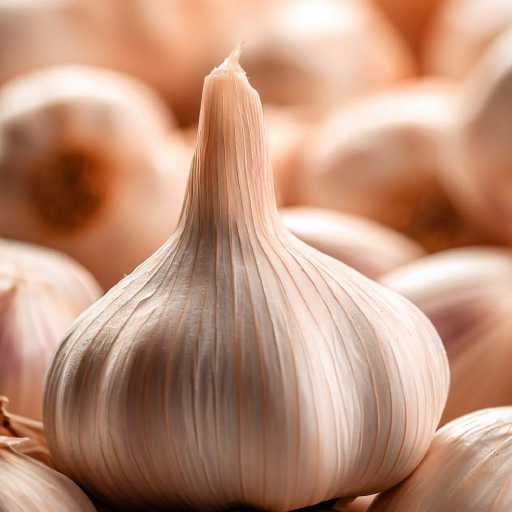
Garlic is good for much more than keeping vampires away! This pungent bulb contains allicin, a powerful compound with antioxidant and anti-inflammatory effects. Regularly eating garlic may help lower cholesterol and blood pressure. Some studies show it may enhance immune function against colds as well. Let food be thy medicine!
- The part used is the bulb.
- Garlic contains allicin, an organosulfur compound with potent anti-inflammatory and antioxidant effects.
- It can help lower blood pressure and cholesterol levels.
- Garlic is also used to boost immunity against colds and flu.
10. Ginseng
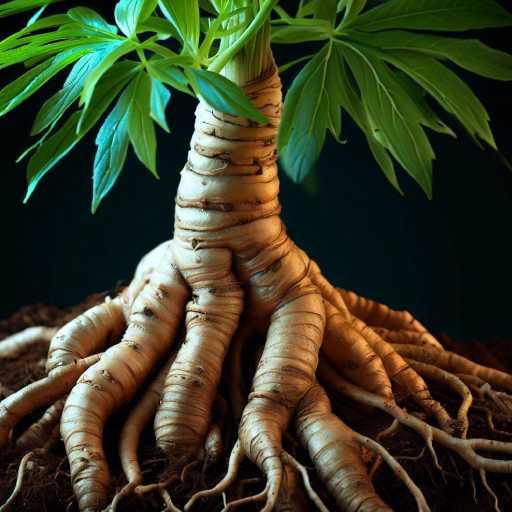
Finally we have ginseng, the revered Chinese herb of longevity. The gnarled roots are used to make invigorating teas and supplements. Active compounds called ginsenosides reduce inflammation, stimulate the immune system, balance blood sugar levels, and even act against cancer cells. Ginseng boosts energy levels while helping your body handle stress.
- The part used is the root.
- Ginseng contains active compounds called ginsenosides that have anti-inflammatory and anti-tumor effects.
- It is used to reduce stress, boost energy levels, enhance cognition, and stimulate the immune system.
- Ginseng also helps stabilize blood sugar and lowers cholesterol.
In summary, these 10 medicinal herbs have powerful beneficial effects on health and are widely used today. Learning their traditional uses and active constituents can help guide your herbal remedies. Always consult your healthcare provider before using herbs for therapeutic purposes.
11. Feverfew
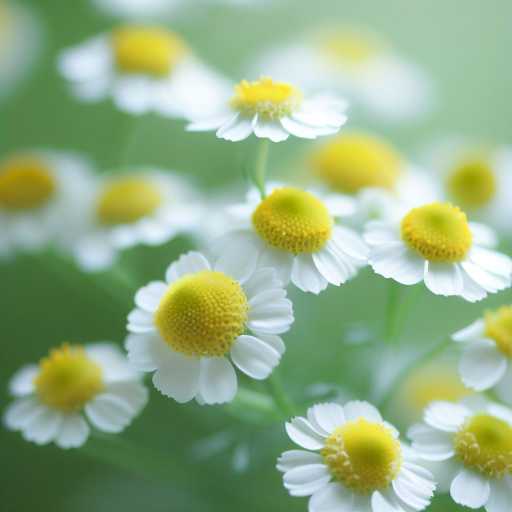
Ah, Feverfew! Not just a catchy name, but a herb that’s been a favorite for centuries, especially in European traditional medicine. This dainty-looking plant packs a punch when it comes to migraine relief. Ever had one of those throbbing headaches? Well, Feverfew’s your buddy. It’s believed that it’s compounds help reduce inflammation and muscle spasms, which can be a lifesaver for migraine sufferers. And guess what? It’s not just for migraines. Some folks swear by it for arthritis and skin conditions. Just imagine, a tiny herb doing all that heavy lifting!
- The parts used are the leaves and flowers.
- Renowned for its potential to reduce the frequency and severity of migraines.
- It also has anti-inflammatory properties that can benefit those with arthritis.
- Some even use it topically for certain skin conditions. Who knew?
12. Ginko (Ginkgo Biloba)

Last but not least, let’s talk about Ginko, or as the scholars call it, Ginkgo Biloba. This ancient tree is often referred to as a “living fossil” because it’s been around for over 270 million years! But it’s not just its age that’s impressive. Ginko leaves are known to improve blood circulation, which might explain why many believe it sharpens the mind. Forgetfulness? Brain fog? Ginko might just be your herbal knight in shining armor. And here’s a fun fact: in traditional Chinese medicine, they’ve been using Ginko for millennia for everything from asthma to fatigue. Talk about a multitasker!
- The part used is the leaf.
- Ginko is believed to enhance cognitive function and improve memory.
- It’s also used to treat various conditions in traditional medicine, from circulatory issues to ringing in the ears.
- And if you’re into trivia, Ginko trees can live up to a whopping 1000 years! How’s that for longevity?
Common Forms of Medicinal Herbs
Medicinal herbs can be used in many forms:
- Dried herbs for teas and decoctions
- Capsules, tablets, and pills
- Tinctures (herbs extracted in alcohol)
- Powdered herbs encapsulated or sprinkled
- Essential oils and aromatic products
- Topical creams and ointments
- Glycerites (herbs extracted in glycerin)
The most suitable form depends on the herb itself and its intended use. Work with a knowledgeable herbalist to determine the best preparation.
Safety Tips for Using Medicinal Herbs
When using herbs medicinally, it helps to keep these safety guidelines in mind:
- Consult your doctor before using herbs for health conditions
- Read about contraindications and possible interactions
- Start with low doses and increase slowly as needed
- Purchase high-quality herbs from reputable suppliers
- Store herbs properly to maintain potency
- Be aware of potential side effects
- Avoid herbs if pregnant or breastfeeding unless cleared by your doctor
With the proper precautions, medicinal herbs can be a safe and effective component of natural healing.
Conclusion
The use of medicinal herbs has stood the test of time, with many plants possessing powerful therapeutic compounds that can support wellness. Echinacea, ginger, turmeric, chamomile, peppermint, milk thistle, saw palmetto, St. John’s wort, garlic, and ginseng are just some of the most popular healing herbs with proven benefits. When sourced and used properly, medicinal herbs can be safe, natural ways to prevent and treat various health conditions. always consult your doctor before trying any new herb and carefully follow usage guidelines. The medicinal herbs covered here are great starting points on your journey with herbal remedies for natural healing and optimal health.
If you’re inspired to try using medicinal herbs for better health, be sure to find high-quality herbal products. A reputable supplier like HerbalPitstop.com offers a wide selection of premium herbal supplements, extracts and more. Browse their shop to get started with nature’s healing remedies.
Frequently Asked Questions
What are the most popular medicinal herbs?
Medicinal herbs have been used for centuries to treat various ailments. Some of the most popular ones include turmeric, ginger, garlic, and ginseng. Each of these has unique healing properties that can benefit our health in different ways.
How do medicinal herbs work?
Isn’t it fascinating? These plants contain compounds that interact with our body’s systems, helping to restore balance and promote healing. It’s like nature’s pharmacy!
Are there any side effects of using medicinal herbs?
Just like any other medicine, herbs can have side effects too. It’s always a good idea to consult with a healthcare professional before starting any herbal treatment. Remember, natural doesn’t always mean safe!
How can I use medicinal herbs in my daily life?
From teas to tinctures, there are countless ways to incorporate these healing plants into your routine. Ever tried adding ginger to your morning smoothie? Or how about a soothing chamomile tea before bed? The possibilities are endless!
Which medicinal herbs are safe for kids?
Many herbs are safe for children, but it’s essential to use them in the right dosage. Chamomile, for instance, is known for its calming effects and is often given to kids. But always check with a pediatrician first.
Can I grow medicinal herbs at home?
Absolutely! Many medicinal herbs can be grown in your backyard or even in pots on your balcony. Imagine having fresh basil or mint right at your fingertips. Gardening bonus: it’s therapeutic!
How do I store medicinal herbs?
To retain their potency, it’s best to store herbs in a cool, dry place, away from direct sunlight. And if you’re using fresh herbs, remember to dry them properly before storing.
Can I take medicinal herbs with other medications?
It’s a tricky one. Some herbs can interfere with medications, so it’s crucial to consult with a doctor before mixing the two. Better safe than sorry, right?
Which medicinal herbs are good for stress and anxiety?
Feeling stressed? Herbs like lavender, ashwagandha, and valerian root can help calm those nerves. Just imagine lying in a field of lavender… bliss!
How long does it take for medicinal herbs to show effects?
Patience is key! While some herbs might show immediate effects, others can take time. It’s all about finding what works best for you.
Are there any herbs that can boost immunity?
You bet! Echinacea, elderberry, and astragalus are some of the go-to herbs for giving that immune system a little boost. Think of them as your body’s personal cheerleaders.
Can pregnant women use medicinal herbs?
Some herbs are safe during pregnancy, while others are not. It’s always best to consult with a healthcare professional before using any herbs during this special time.
Resources
Want to learn more about using medicinal herbs? Check out these trustworthy resources:
- Overview of Herbal Medicine – https://nccih.nih.gov/health/herbsataglance.htm
- Echinacea Information – https://www.herbwisdom.com/herb-echinacea.html
- Ginger Fact Sheet – https://ods.od.nih.gov/factsheets/Ginger-HealthProfessional/
- Turmeric Health Benefits – https://www.medicalnewstoday.com/articles/286322
- Chamomile Overview – https://nccih.nih.gov/health/chamomile/ataglance.htm
- Peppermint Health Uses – https://www.medicalnewstoday.com/articles/266425
- Milk Thistle Benefits – https://www.mountsinai.org/health-library/herb/milk-thistle
- Saw Palmetto Info – https://www.mskcc.org/cancer-care/integrative-medicine/herbs/saw-palmetto
- St. John’s Wort for Depression – https://nccih.nih.gov/health/stjohnswort/sjw-and-depression.htm
- Garlic Health Benefits – https://www.healthline.com/nutrition/11-proven-health-benefits-of-garlic

